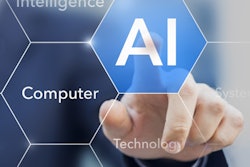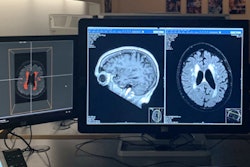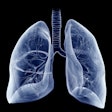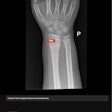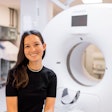Dear Artificial Intelligence Insider,
Radiologists may have largely come to the conclusion that artificial intelligence (AI) will only help them and the practice of radiology, but what do medical students think? And will their perceptions of AI affect their decision of whether to choose radiology as a specialty?
Results from a recent survey are concerning. When researchers from Switzerland queried radiologists, surgeons, and medical students on a range of topics related to the future of radiology, they found that medical students tended to be far more pessimistic than radiologists about the effects of AI. What's more, 26% of the students who don't intend to specialize in radiology indicated that AI was one of the reasons.
In other news, deep-learning software can be used to perform accurate and fully automatic segmentation of subcutaneous fat, visceral fat, and psoas muscle on abdominal CT images, according to new research from Utrecht University Medical Center in the Netherlands. The institution has also recently highlighted the benefits of its AI infrastructure, which is designed to facilitate easier deployment of AI algorithms and enhanced workflow in daily routine practice.
With burnout rates on the rise, automation and AI are needed to improve the staff experience for imaging technologists, administrators, radiologists, and collaborating physicians. That's the message from a new survey on job satisfaction in the U.S., France, Germany, and the U.K.
Meanwhile, France's project to create a national ecosystem for AI algorithm development has progressed significantly since it was announced in October 2018. The ecosystem now has a scientific committee and a charter, and it is looking at how to move forward with institutional partners, according to a presentation at the recent French national radiology congress.
As AI continues to grow in radiology, so does awareness of the need for the technology to be used in an ethical manner. Key societies in radiology -- including the European Society of Radiology and the European Society of Medical Imaging Informatics -- have responded by developing a new statement that calls for codes of ethics and practice governing the use of AI. The statement shares the organizations' vision that AI should promote well-being, minimize harm, and ensure that benefits and harms are distributed jointly among the possible stakeholders.
Is there a story you'd like to see covered in the Artificial Intelligence Community? Please feel free to drop me a line.




